Knives have long transcended their utilitarian purpose, evolving into significant cultural symbols across various societies and traditions. From culinary tools to ceremonial artifacts, blades represent craftsmanship, heritage, and identity, reflecting the customs and values of the cultures that create them. In this blog, we will explore the cultural significance of knives around the globe, highlighting the craftsmanship involved, the stories behind them, and their role in personal traditions such as gift-giving with Personalized Gifts.
The Historical Roots of Knives in Different Cultures
Knives have been an integral part of human civilization for thousands of years. Their history is rich and diverse, connecting symbols of survival, artistry, and utility.
Ancient Origins
The origins of knives can be traced back to the Stone Age when early humans crafted simple blades from flint or obsidian. These knives were crucial for survival, assisting in hunting, gathering, and food preparation. As civilizations advanced, so did the materials and techniques used in knife-making, incorporating metals like bronze, iron, and steel, shaping the foundation of knife craftsmanship we recognize today.
Knives in Cultural Ceremonies
Across the globe, knives often play a vital role in cultural ceremonies and rituals. For instance, in many Indigenous cultures, knives are used in sacred rites, symbolizing life, death, and rebirth. They are honored objects, often decorated intricately, signifying their importance in the community’s cultural heritage.
Culinary Significance of Knives
Perhaps no other area showcases the cultural significance of knives more prominently than in the culinary world, where they are celebrated tools that represent not only functionality but also artistry.
Japanese Yanagiba and Deba Knives
Japanese knives, such as the Yanagiba and Deba, highlight the values of precision and craftsmanship. Traditionally used by sushi chefs, these knives often feature a single bevel design that allows for clean cuts and enhances the presentation of the dish. The production of these knives often involves exotic wood handle knives, which reflect the natural beauty and aesthetic appreciation intrinsic to Japanese culture.
French Cuisine and the Chef's Knife
In French cuisine, the chef’s knife is the quintessential tool for culinary professionals. Its versatile design allows for a variety of cuts, making it an essential instrument in every kitchen. This knife represents the importance of culinary education, technique, and tradition within French culture, where cooking is considered an art form.
Symbolism of Knives in Garnishing Relationships
Knives also carry personal significance beyond their functionality, often symbolizing relationships and milestones in life.
Gifts that Last a Lifetime
Giving a knife as a gift is often laden with meaning, representing the bond between the giver and receiver. Whether as a wedding gift, graduation present, or a token of appreciation, knives can serve as memorable Personalized Gifts that carry sentimental value. The act of gifting a knife is thought to convey trust and respect, as both parties acknowledge the importance of the weapon/tool in their daily lives.
Knives in Family Traditions
In many cultures, it is customary for families to pass down knives through generations. These heirloom knives often carry stories, representing family history and shared experiences. The ritual of passing down a knife can symbolize the transfer of skills, knowledge, and craftsmanship, ensuring that family traditions continue.
Knives as Symbols of Power and Prestige
Beyond their practical uses, knives frequently symbolize power, prestige, and social status across various cultures.
Knights and Their Swords
In medieval Europe, knights were often associated with swords, a close relative of the knife. These weapons not only served as tools of battle but also symbolized honor, bravery, and aristocracy. Owning a finely crafted sword or knife was a matter of prestige, directly linking the weapon's craftsmanship to the owner's social status.
Indigenous Weapons and Identity
For many Indigenous tribes, knives and blades are sacred objects, integral to their cultural identity. Beautifully carved and often adorned with symbolic markings, these knives reflect the tribe’s heritage and connection to their ancestors. They serve as reminders of the cultural battles fought, the traditions upheld, and the resilience of identity against colonial forces.
Modern Interpretations of Knives
As we move into the modern era, the symbolism and meaning of knives continue to evolve. Today, they are not just practical tools but also aesthetic objects, embraced by artisans and chefs alike.
The Rise of Custom Knives
The trend of custom knife-making has surged in popularity, resulting in unique pieces that marry function with artistry. Craftsmen create knives with personalized features, utilizing high-quality materials, including steel and exotic wood handle knives. These personal touches transform knives into extraordinary gifts or cherished possessions that tell individual stories.
Knives in Pop Culture
Furthermore, knives have permeated pop culture, appearing in films, literature, and art, often as symbols of rebellion or heroism. They reflect character traits—courage, loyalty, or even villainy—captivating audiences while showcasing the artistry of knife-making in various forms.
Environmental Considerations in Knife Crafting
With the growing awareness of environmental issues, the knife-making industry has begun embracing sustainable practices. Craftsmen are increasingly sourcing materials responsibly, using recycled metals, and selecting sustainable woods for the handles. This shift not only reflects a commitment to preserving the environment but also represents a deeper connection to nature and the resources used in creating these significant cultural artifacts.
The Role of Local Artisans
Local artisans play a crucial role in preserving traditional crafting techniques while adapting to modern demands for sustainability. By valuing local craftsmanship and supporting small businesses that focus on ethical production, we recognize the importance of preserving cultural heritage through knives that are not only functional but also environmentally friendly.
A Lasting Impact
Knives, in their many forms, have profound meanings that resonate within diverse cultures worldwide. From functional tools to symbols of tradition and identity, they encapsulate centuries of history and human experience. Their significance extends into modern-day practices, influencing gift-giving traditions, culinary artistry, and even personal relationships.
The journey of a knife, from the artisan’s workshop to a cherished gift, demonstrates the importance of cultural heritage in our everyday lives. As we continue to appreciate and explore the cultural significance of knives around the world, let us remember their stories, craftsmanship, and the deep connections they foster in our lives. Embrace the spirit of tradition and consider how a beautifully crafted knife, particularly those featuring exotic wood handles or personalized engravings, can become a cherished heirloom or a remarkable gift to someone special.








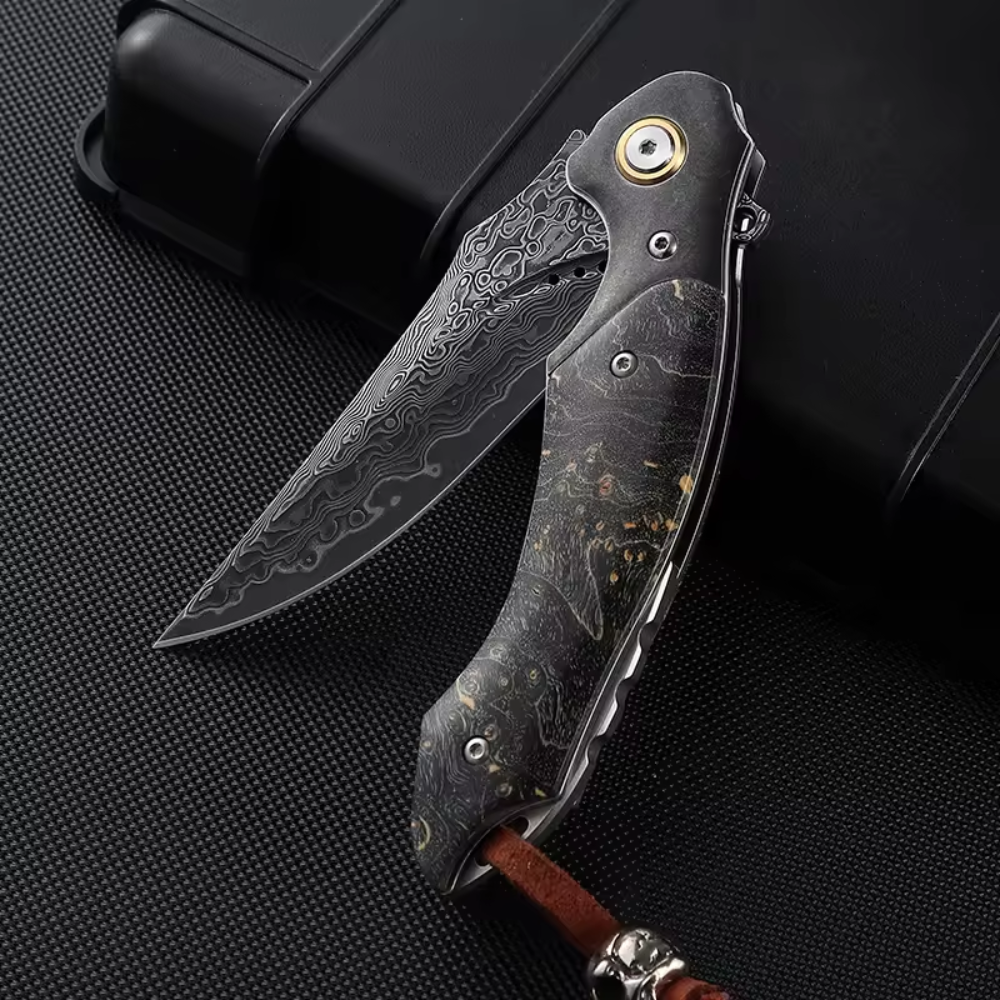
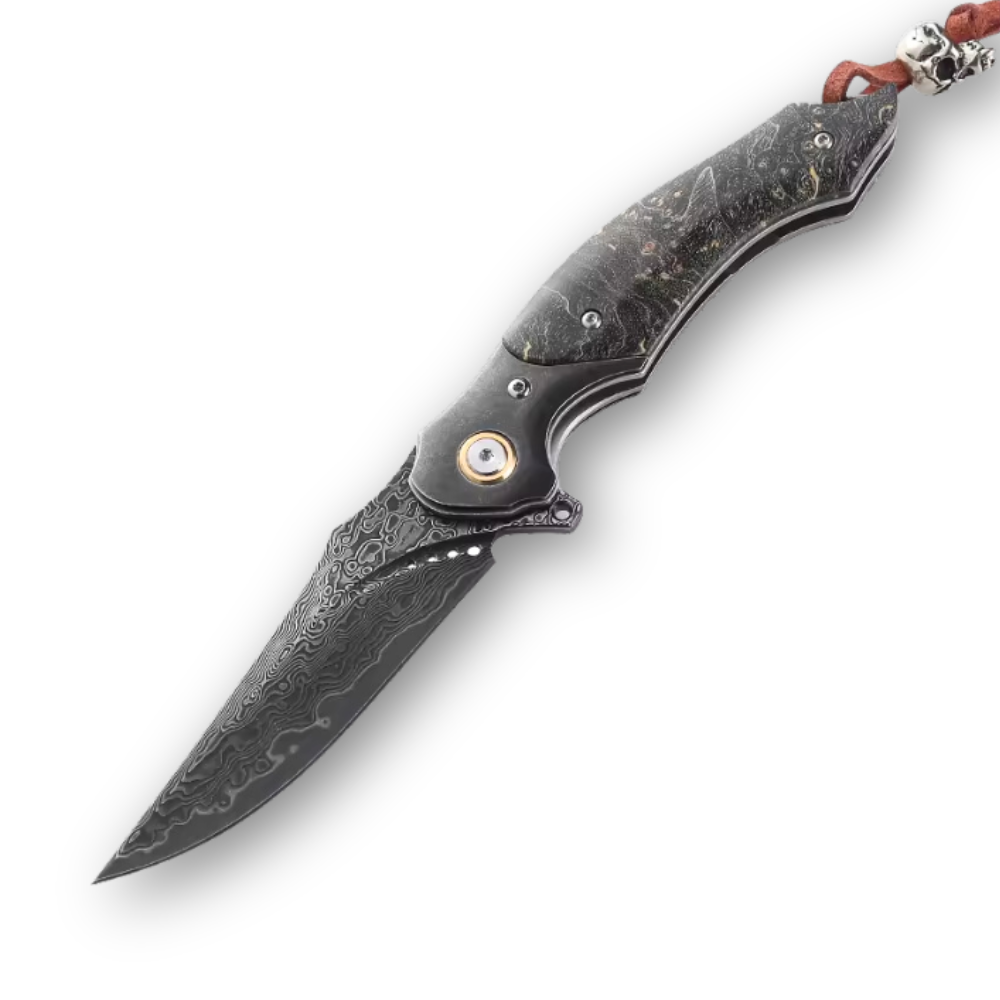
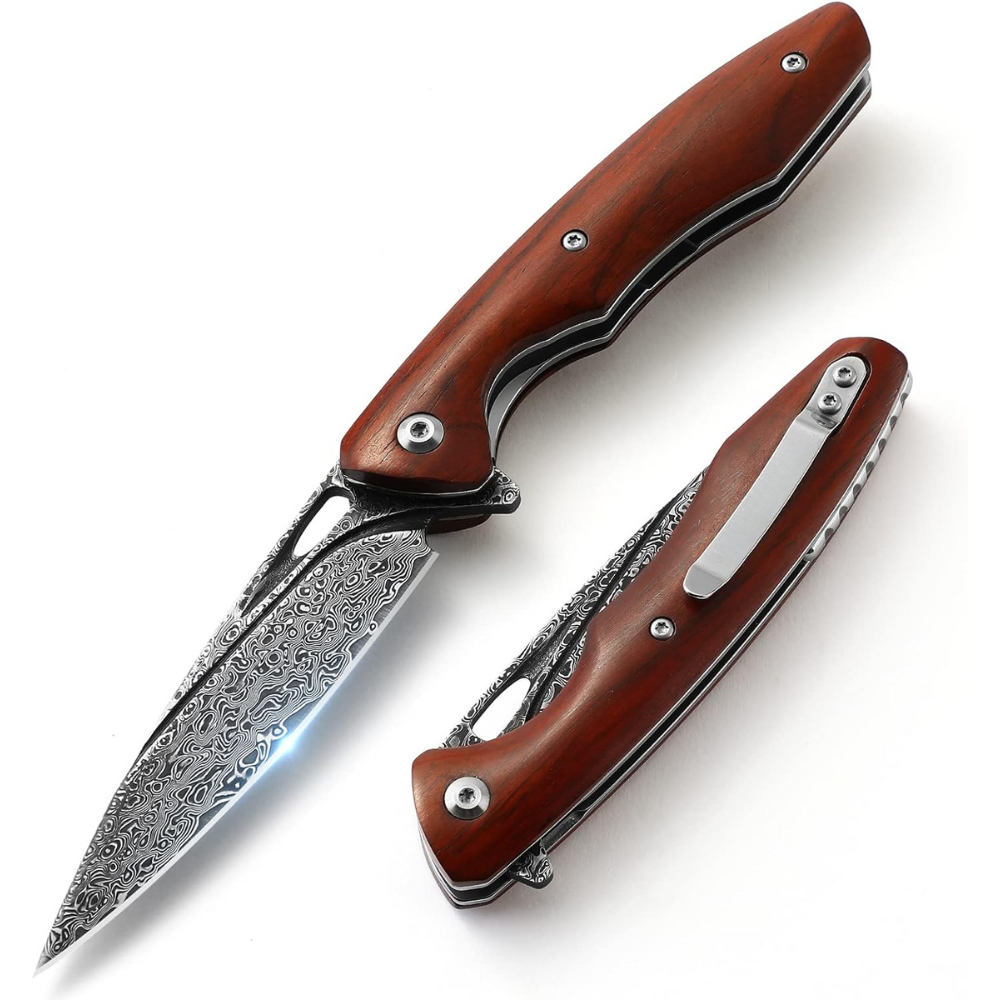
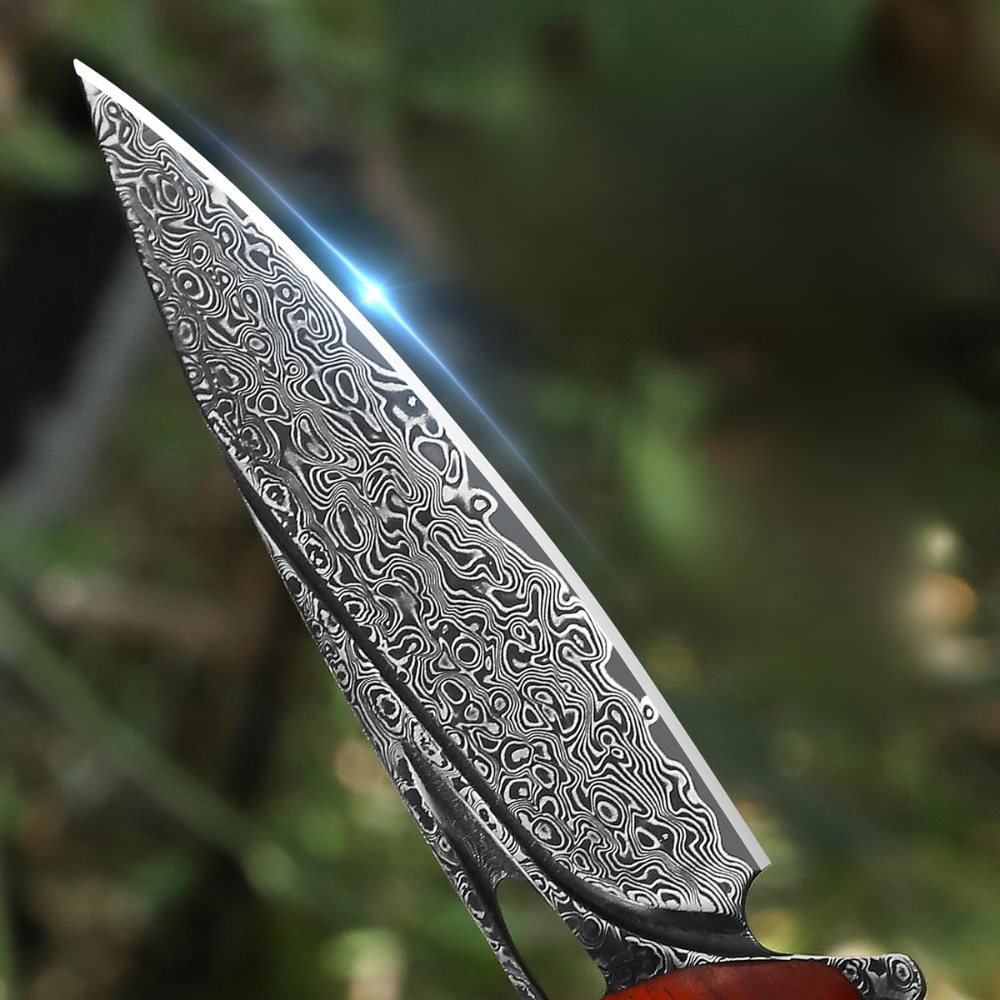








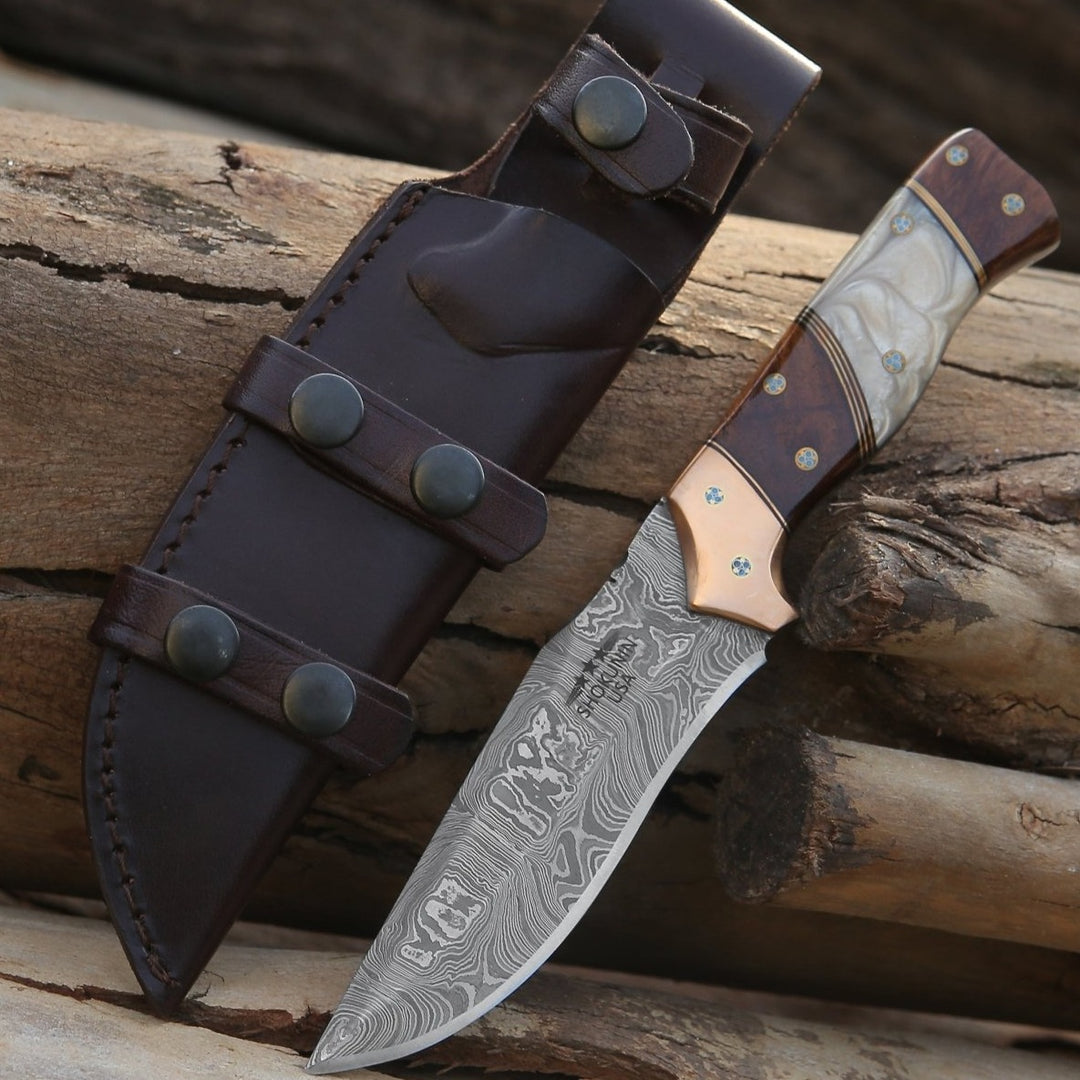
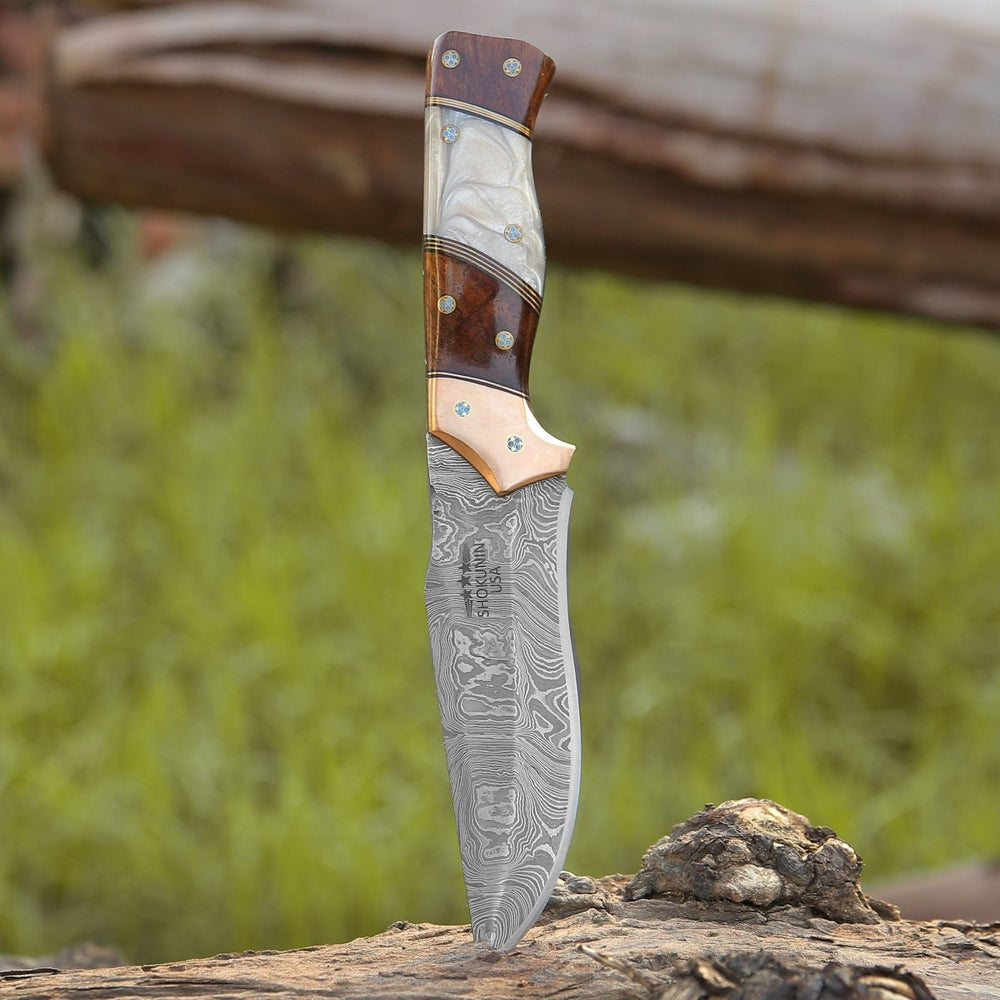


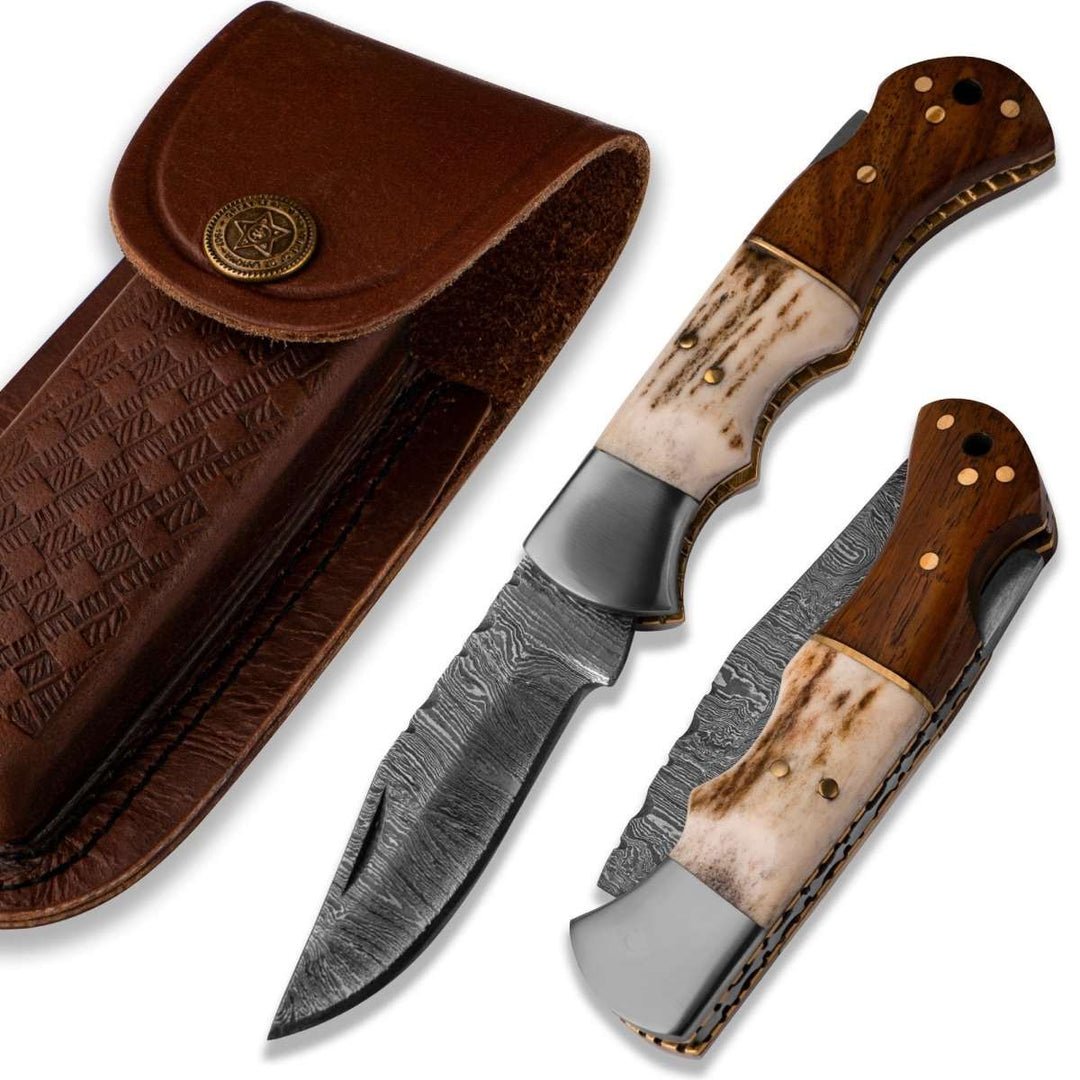
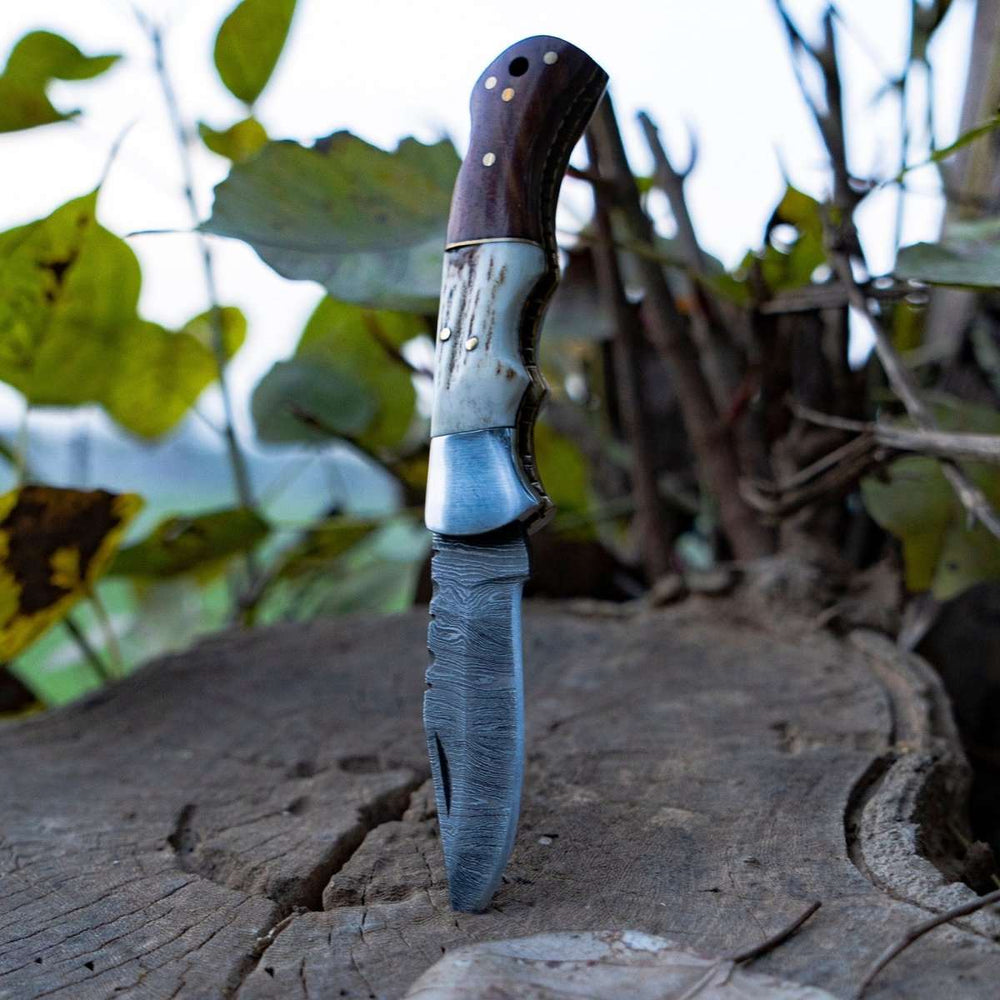




Leave a comment